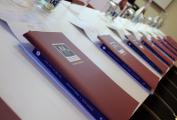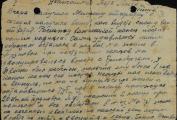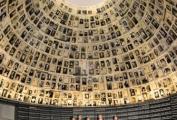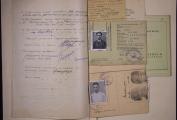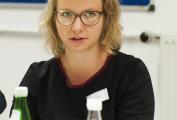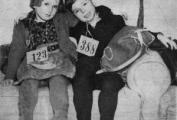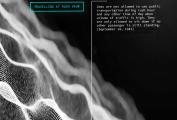3-7 September 2018. Location: Central European University, Budapest
Deadline for Applications: 15 May 2018
We invite applications for the international EHRI-Seminar Researching and Remembering the Holocaust in Central Europe – New Sources, Methods and Approaches, held in Budapest, Hungary, from 3rd until 7th September 2018. The Seminar is organized by EHRI partners the Center for Holocaust-Studies at the Institute for Contemporary History (Munich) in cooperation with the Polish Center for Holocaust Research (Warsaw) and the Department of Gender Studies of Central European University (Budapest).



